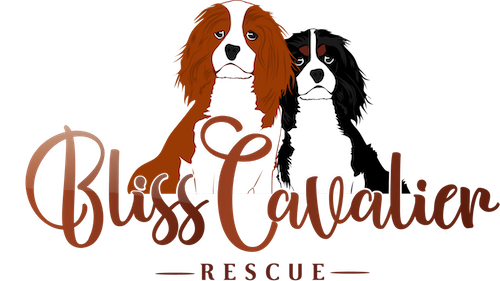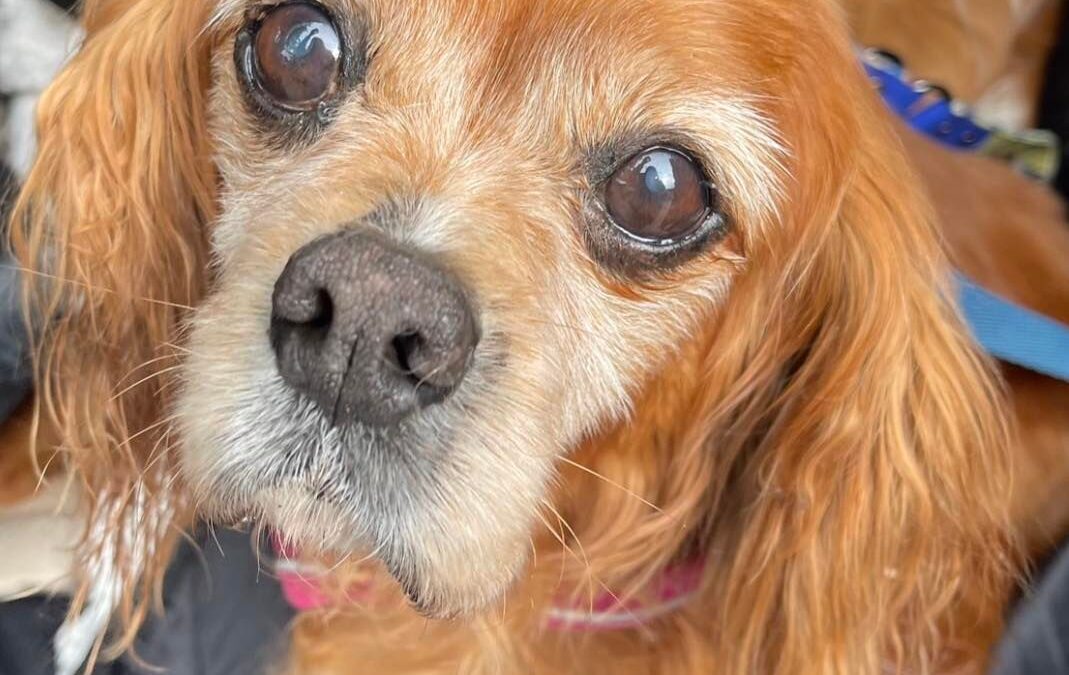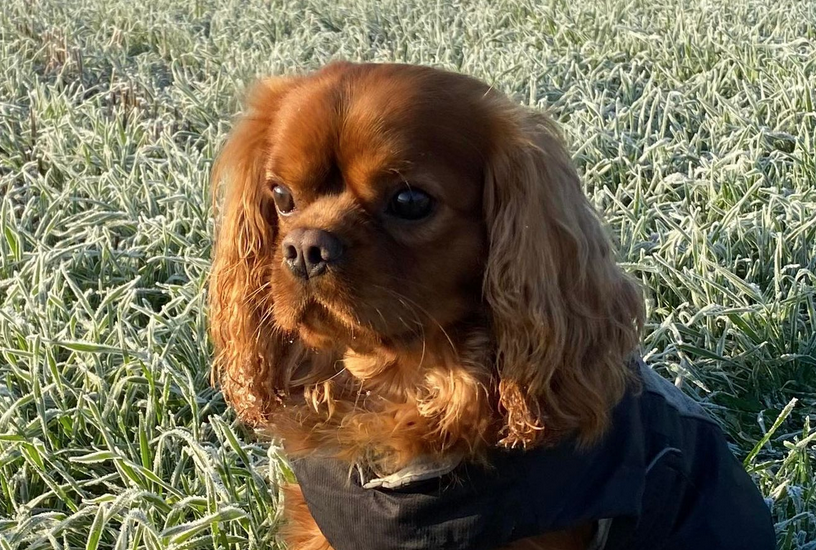Myoclonus in Cavalier King Charles Spaniels

Pros and Cons of owning a Cavalier King Charles Spaniel
23rd July 2023
How much does it cost to own a Cavalier King Charles Spaniel?
14th August 2023Myoclonus is a neurological condition often observed in Cavalier King Charles Spaniels, characterised by involuntary, rapid, jerking movements. While it may affect dogs of all breeds, Cavaliers are highly overrepresented for the condition.
Understanding Myoclonus
Myoclonus manifests as rapid blinking of the eyelids and head nodding or shaking. These sudden movements may sometimes extend down to the front legs or encompass the whole body, causing the dog to stumble or even fall. Importantly, there appears to be no loss of consciousness during these episodes.
The myoclonus episodes appear to have no specific trigger and are not related to sleep. They typically occur when the dog is stationary, either standing, sitting, or lying on their chest. Owners often report multiple episodes in a single day, indicating a significant frequency.
Progression Of Symptoms
The condition exhibits a slowly progressive clinical course, with the episodes becoming more frequent and intense over time. These spontaneous movements are neither action-related nor stimulus-sensitive, setting them apart from other types of muscle jerks associated with specific triggers.
Based on the observations of this cohort of Cavaliers, the underlying cause of myoclonus is suspected to lie in the brain’s cortical or cortico-subcortical regions. However, further research is necessary to conclusively determine the exact etiology.
Treatment Options
Myoclonus may not have a cure, but medical treatment can go a long way in making the symptoms manageable.
Levetiracetam, commonly known as Keppra, is a medication that is often used for this purpose. It is considered safe for dogs and doesn’t usually have many adverse side effects. In some dogs, it does cause ataxia. While there isn’t a definitive cure, knowing that medical treatment can make a difference can provide some peace of mind for pet owners.
Owners should note that every Cavalier is unique and may respond to treatment differently. Therefore, seeking veterinary advice is crucial if you suspect your dog has myoclonus. You can devise a treatment plan with your vet that best suits your dog’s needs, ensuring they continue to lead a comfortable and happy life.
Caring for a pet with myoclonus can be challenging, but understanding the condition and seeking timely intervention can significantly improve your Cavalier’s quality of life.
Remember, your dog’s health and comfort are always paramount. Stay vigilant for signs of myoclonus, and do not hesitate to seek veterinary care if you notice any unusual symptoms.
Further Resources
Myoclonus in older Cavalier King Charles Spaniels – https://onlinelibrary.wiley.com/doi/full/10.1111/jvim.16404
Cavalier Health – https://cavalierhealth.org/miscellaneous.htm#Myoclonus




